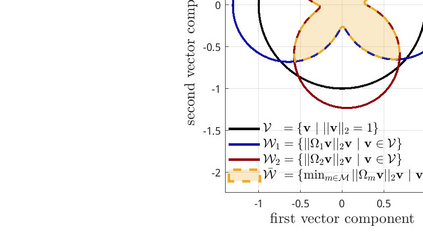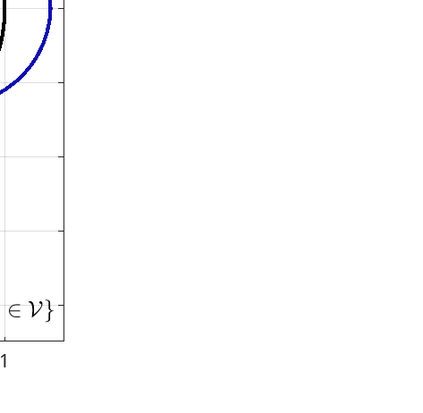This paper considers a group of autonomous agents learning to track the same given reference trajectory in a possibly small number of trials. We propose a novel collective learning control method (namely, CILC) that combines Iterative Learning Control (ILC) with a collective input update strategy. We derive conditions for desirable convergence properties of such systems. We show that the proposed method allows the collective to combine the advantages of the agents' individual learning strategies and thereby overcomes trade-offs and limitations of single-agent ILC. This benefit is leveraged by designing a heterogeneous collective, i.e., a different learning law is assigned to each agent. All theoretical results are confirmed in simulations and experiments with two-wheeled-inverted-pendulums robots (TWIPRs) that jointly learn to perform a desired maneuver.
翻译:本文考虑了一组自主代理商在可能为数不多的试验中学习跟踪同样的参考轨迹。我们建议采用一种新的集体学习控制方法(即CILC),将迭代学习控制(ILC)与集体投入更新战略相结合。我们为这些系统的适当趋同特性提出了条件。我们表明,拟议方法使集体能够结合该代理商个人学习战略的优势,从而克服单一代理商ILC的取舍和限制。通过设计一个各式各样的集体,即为每个代理商指定了不同的学习法来利用这一好处。所有理论结果在模拟和实验中都得到了证实,这些模拟和实验是由两轮倒转式的机器人共同学习进行所希望的动作。














